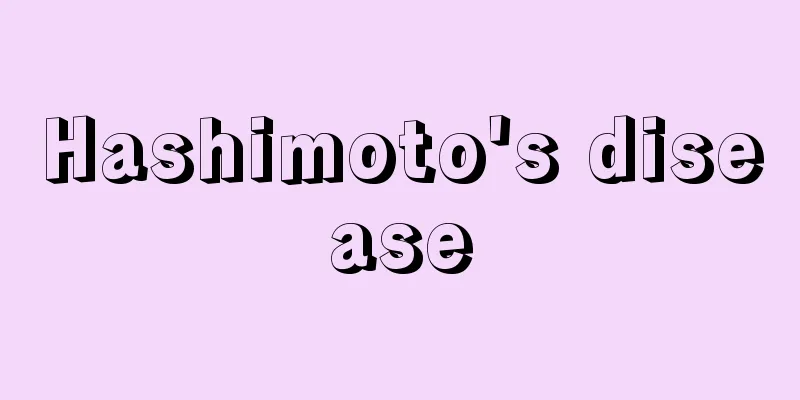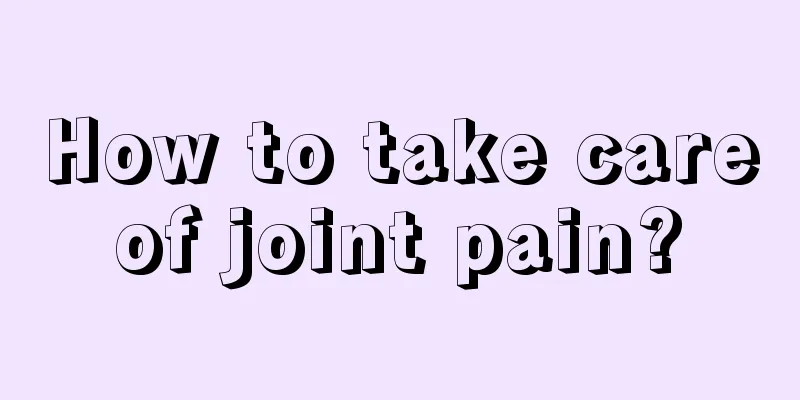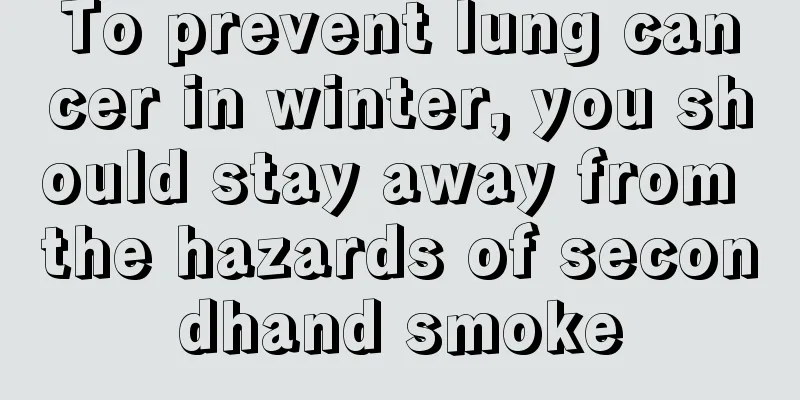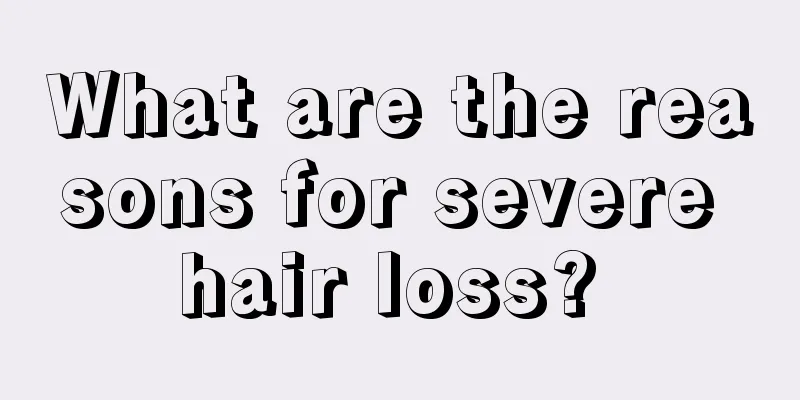Hashimoto's disease

|
When many people hear the term Hashimoto's disease for the first time, they don't know what it means. In fact, Hashimoto's disease is a thyroid disease with variable and complex symptoms. During the course of the disease, it is divided into several different stages: compensatory stage, hyperthyroidism stage, and hypothyroidism stage. The condition and symptoms of each stage are different. Patients must distinguish the stages during treatment to avoid confusion and delays in the disease. This article introduces detailed knowledge about this disease, let’s take a look. 1. Hashimoto's disease (compensated stage): This stage can be latent for an average of 40 years and a maximum of 80 years, and may manifest as a normal thyroid gland or an enlarged thyroid gland. 2. Hashimoto's disease (hyperthyroidism stage): Hyperthyroidism may occur on the basis of the compensatory stage due to external inducements (such as excessive stimulation, anger, fright, etc.). When TSH decreases and FT4 and FT3 increase, it is hyperthyroidism. When accompanied by increased TGAb and TPOAb, it is Hashimoto's disease (hyperthyroidism stage), which requires medication, surgery or iodine 131 treatment. 3. Hashimoto's disease (hypothyroidism stage): Most cases of Hashimoto's disease will eventually develop into natural hypothyroidism, and some will also develop hypothyroidism during drug treatment. Most patients who develop hypothyroidism require long-term maintenance drug treatment. Hashimoto's disease is a chronic thyroiditis caused by autoimmunity and is one of the autoimmune thyroid diseases. In recent years, the diagnosis rate of Hashimoto's disease in children has increased year by year, but it is easily overlooked and should be given necessary attention. Whether you have symptoms such as excessive sweating, weight loss, heat intolerance, irritability, or fatigue, drowsiness, memory loss, edema, and weight gain, you should be wary of Hashimoto's disease. When your thyroid is enlarged, you should also check your thyroid function and antibodies to determine whether you have been attacked by Hashimoto's disease. Early treatment of Hashimoto's disease can effectively prevent the development of hypothyroidism and avoid the trouble of long-term medication. Therefore, no matter what stage the patient is in, once the disease is discovered, it must be treated as soon as possible. The effect of traditional Chinese medicine in treating Hashimoto's disease has been confirmed. Everyone must pay attention to the health of the thyroid gland and eliminate health risks as soon as possible. |
>>: What does joint disease mean
Recommend
What are the functions of Cassia seed health pillow core
Cassia seed is a health care material with many f...
Three major cancers fall in love with white-collar women
The incidence of cervical cancer, ovarian cancer ...
What is corneal edema?
It is said that eyes are the windows to the soul,...
What factors can cause lung cancer
The lungs and respiratory tract are open organs t...
How to perform pelvic floor muscle function exercises after radical prostatectomy?
Prostate cancer is a common malignant tumor of th...
What methods can cure glioma
Glioma is a tumor that occurs in the neuroectoder...
What medicine is effective for weight loss
Some weight loss pills currently on the market co...
Tobacco plants could be used as an ingredient in ovarian cancer vaccines
For cancer, active prevention is always more impo...
What are the liver examination items
If you are someone who is aware of your health, y...
The function of the heart in traditional Chinese medicine
We all know that the heart is very important to u...
Why does my right side of the stomach hurt when I walk?
Perhaps everyone has had this feeling: pain on th...
What should you pay attention to in your diet after ovarian teratoma surgery
Although most teratomas are benign, the dietary p...
Introduction to the diagnosis method of testicular cancer
Testicular cancer usually occurs in young men age...
What causes esophageal cancer
In recent years, esophageal cancer has become one...
How to take good care of lung cancer patients? Three elements of life care for lung cancer patients
Lung cancer patients who do not have difficulty s...









